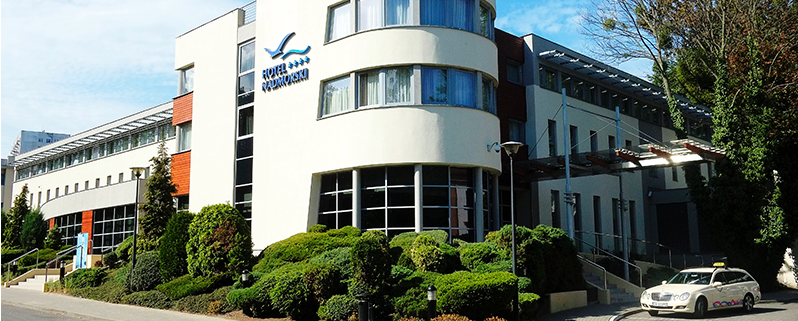
INVITATION
Europe is experiencing one of the most significant influxes of migrants and refugees in its history. Pushed by civil war and terror and pulled by the promise of a better life, hundreds of thousands of people have fled the Middle East and Africa, risking their lives along the way. More than a million migrants and refugees crossed into Europe in 2015, sparking a crisis as countries struggle to cope with the influx, and creating division in the EU over how best to deal with resettling people.The vast majority arrived by sea but some migrants have made their way over land, principally via Turkey and the Balkan countries.
In a rapidly changing world, psychiatry faces numerous challenges. In response to these rapid societal changes, psychiatry needs to be prepared to meet the challenges of migration, acculturative change and acculturative stressors. Transcultural psychiatry focuses on the study of all these phenomena. In a rapidly changing world, the culture of psychiatry itself is also changing, from a more medically constricted perspective to a more inclusive scientific approach integrating the perspectives of the social sciences, public health and public policy, along with medicine and its related clinical disciplines.
That is why we invite you to learn about these developments and to discuss their implications in this conference – the Second International Conference on Transcultural Psychiatry in Central/North European Countries. We will discuss the characteristics of rapid culture change over the past two decades, theoretical and practical issues related to the mental health care for migrants, migrants’ access to appropriate mental health and social services, coping with stigma and social exclusion, intercultural marriage and its implications, culture change within psychiatry and health care more broadly, and a number of other related subjects.
The conference objective is to enable presentations by experienced researchers, clinicians and policymakers from a number of European countries, as well as those from countries around the world.
The long-range goal of the conference is the greater cultural integration of immigrants and refugees in all countries, along with the reduction of stigma related to migration and minority status in all countries.



